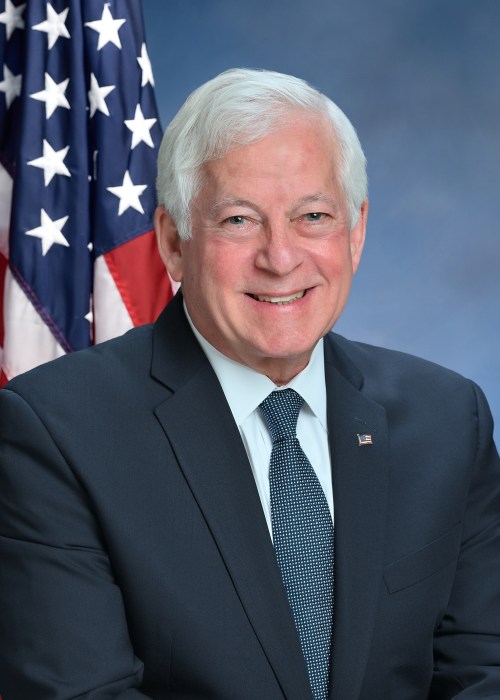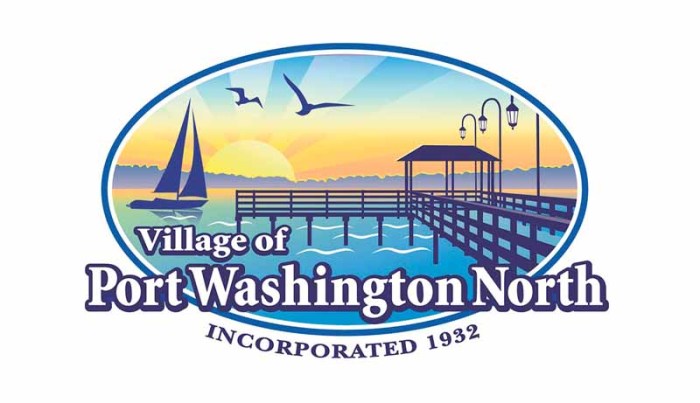Dear readers, this is the Oyster Festival issue. We are all getting ready for the weekend of Oct. 16 and 17. Volunteers are getting ready to spend two days working to create funds for the non-profits in town.
This poem by Maxwell Corydon Wheat, Jr. It does many things at once: it shows our love of the bay; it teaches us about the grasses – a great lesson; it talks about the history of agriculture and the bay; and it is poetry – words made multi-dimensional.
So here’s to you – the wonderful volunteers for the 2010 Oyster Festival. A poem about what we all love.
Grandfather Loved the Salt Marshes
“Look at those marshes,” Grandfather’d call,
rowing me in his dingy
among mainland and island marshes.
“They’re prairies in the Great South Bay.”
He’d push his straw hat back over
white hair straying toward his shoulders
He was always bringing out
his old-fashioned looking book
covered in dark green,
Hymns of the Marshes,
Poems by the nineteenth Century poet, Sidney Lanier,
Poems about the southern marshes of Glynn
Carefully turning the pages
Grandfather’d read a favorite passage:
“‘Ye marshes, how candid and simple
and nothing witholding and free
Ye publish yourselves to the sky
and offer yourselves to the sea!’
“Look!” Grandfather’d call,
waving his hand over the horizon:
“All that marsh is just two grasses:
Salt-marsh Grass and Cord Grass.”
He loved saying the sounds of the people.
Spartina patens and Spartina alterniflora.
He loved pressing his lips
into the sounds of the scientific names
“That’s salt marsh grass,”
pushing the boat near shore.
“It grows on the edges,
hardly gets up to a boy’s knees.
“In August, farmers came with scythes,
and do you know why?
As if I hadn’t heard a thousand times.
“The salt marsh grass was fodder for their cows”
“It looks all whorled around,” I enjoyed saying,
“like tiny tornadoes had swirled over it.”
“That’s ‘cause the stems are easily bent.
And it’s soft.
You can lie on Salt-marsh Grass.
Rowing a creek through the marsh,
he’d point to thickly stalked stands.
“That’s the Cord Grass,
taller than a growing boy.
Look how it spreads into the bay!
Look how it crowds the banks
above all those Blue Mussels!”
He’d pull out Lanier
with pages ready to fall out.
“Listen to this!
‘The world lies east: how ample,
the marsh and the sea and the sky!
A league and a league of marsh-grass…
Stretch leisurely off, in a pleasant plain,
To the terminal blue of the main.’
“Yes,” Grandfather’d
say,
“The salt marshes reach out to the sea
from the black muck where so much grows:
mud snails, moon snails, marine worms, mummichugs.
They’re nurseries for Striped Bass,
for the ‘snappers’ that come to the bobbers in August,
the baby Bluefish
that will migrate the Atlantic, Florida and Maine.”
In October, Grandfather really loved to point to the grasses:
“Now you see what the salt marshes are.
“They’re gold!” he’d shout
to people fishing from nearby boats,
“Our salt marshes are
gold!!!”
Maxwell Corydon Wheat, Jr. ©
Hopefully this inspired you to keep on loving Oyster Bay Harbor and to work to keep it pristine. FYI: on Tuesday, Oct. 12, Friends of the Bay held their Watershed Action Plan Public Meeting. If you weren’t there, you can still email your comments to email at p.aitken@friendsofthebay.org. Please place “Steering Committee” in the subject line of the email.
We have something very precious here and we have to preserve it, restore it, and keep on appreciating it, and passing that love on to the next generations.































